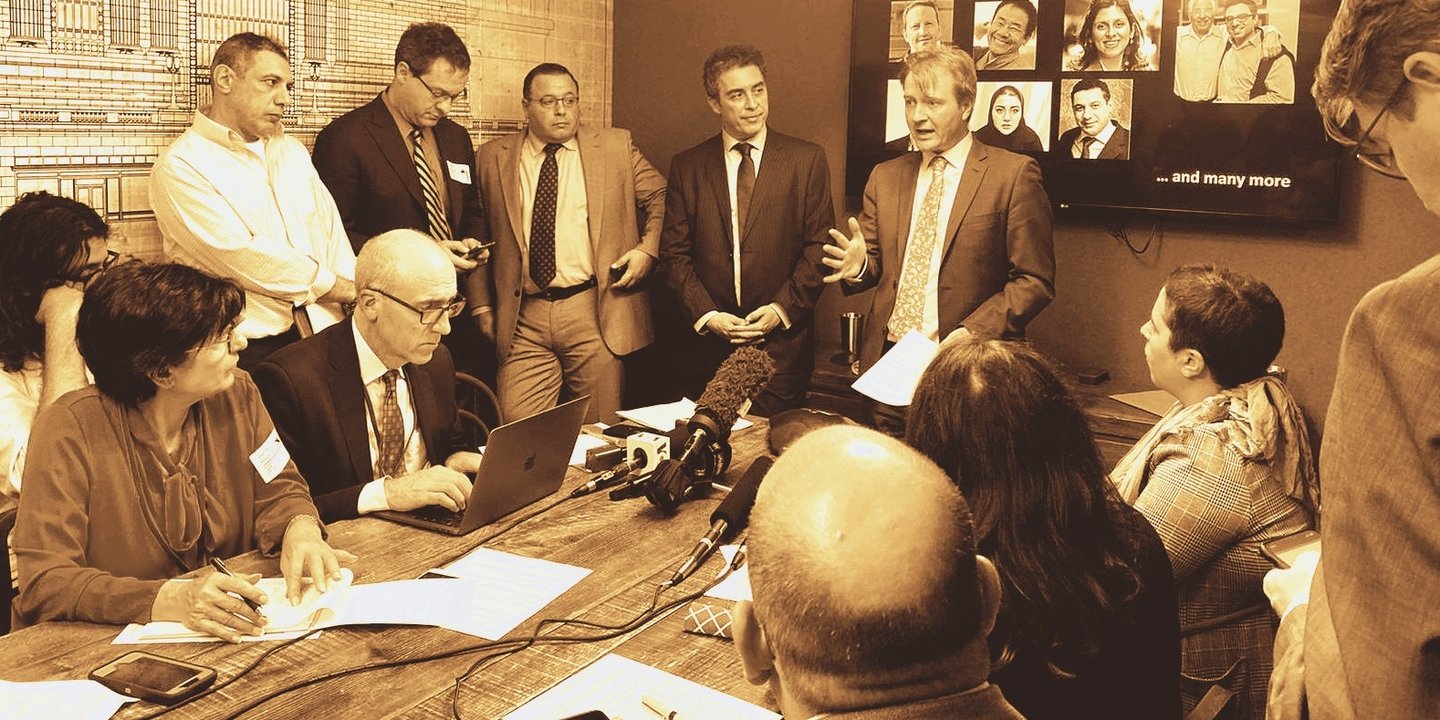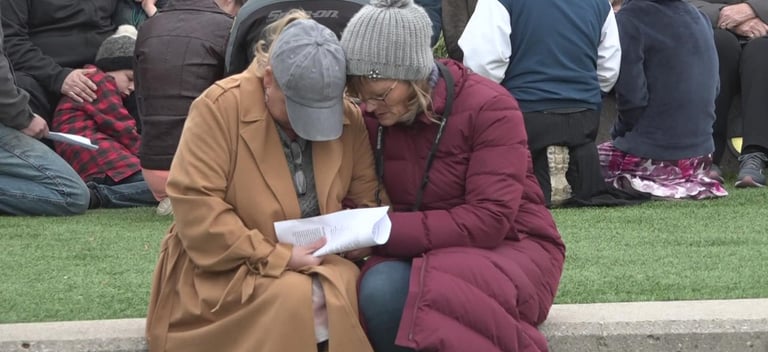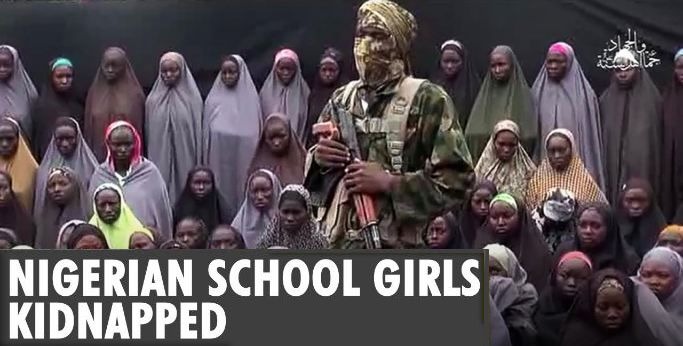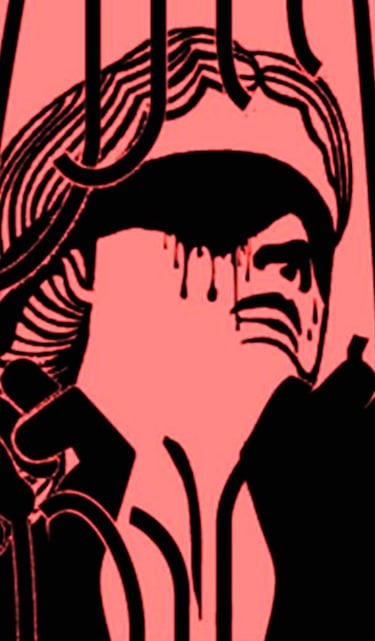HOSTAGESSES ALLIANCE


Uniting the world to end state-sponsored violence against women and girls
International Hostagesses Alliance to Eliminate State-Sponsored Violence, Kidnapping, and Hostage-Taking of Women and Girls


United to confront and end state-sponsored abuse and captivity


HOSTAGESSES ALLIANCE
No hostage left behind.
UNITED KINGDOM
(www.halliance.org)
65 Inverness Terrace
City Of Westminster
London
W2 3JT
© 2021. All rights reserved.


